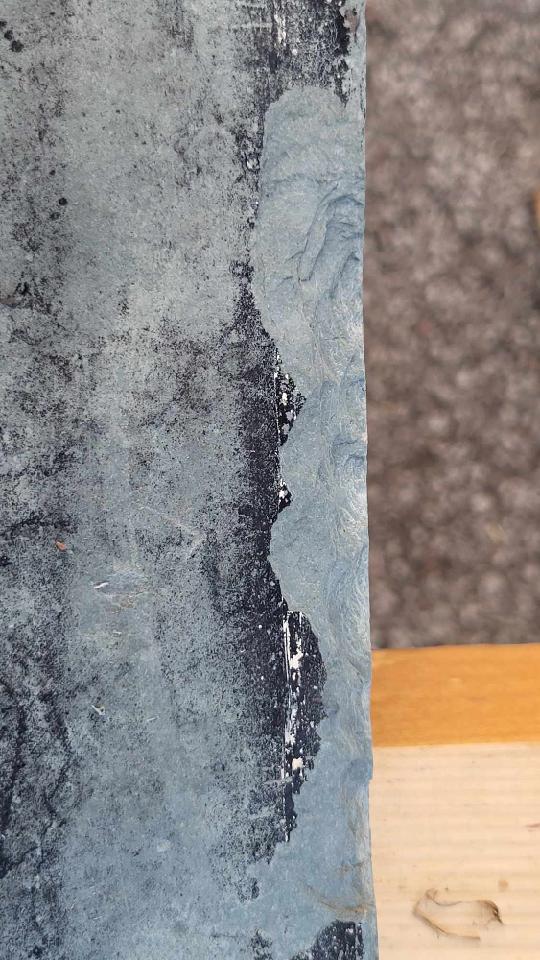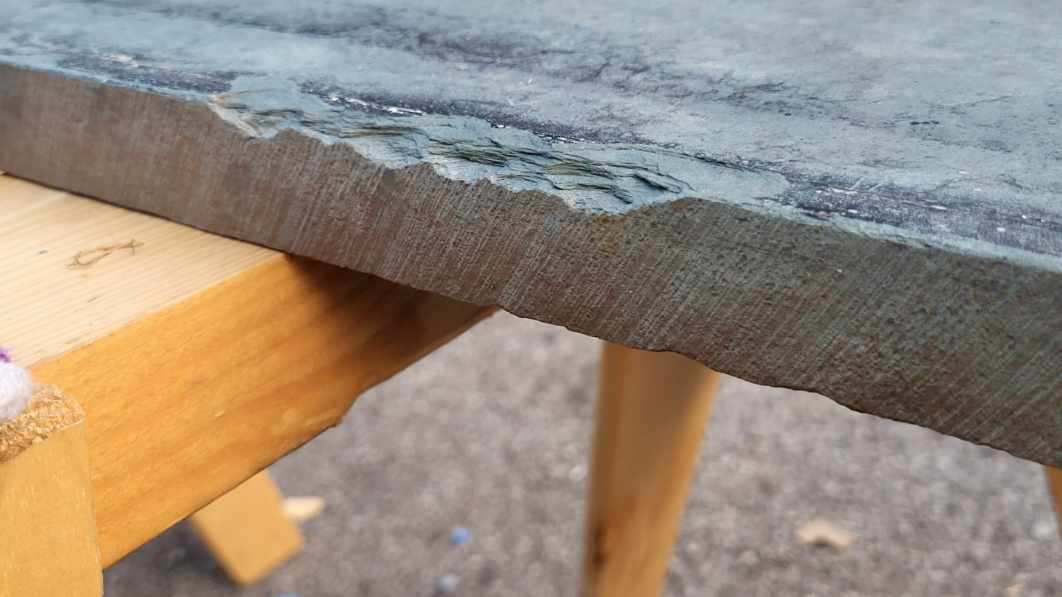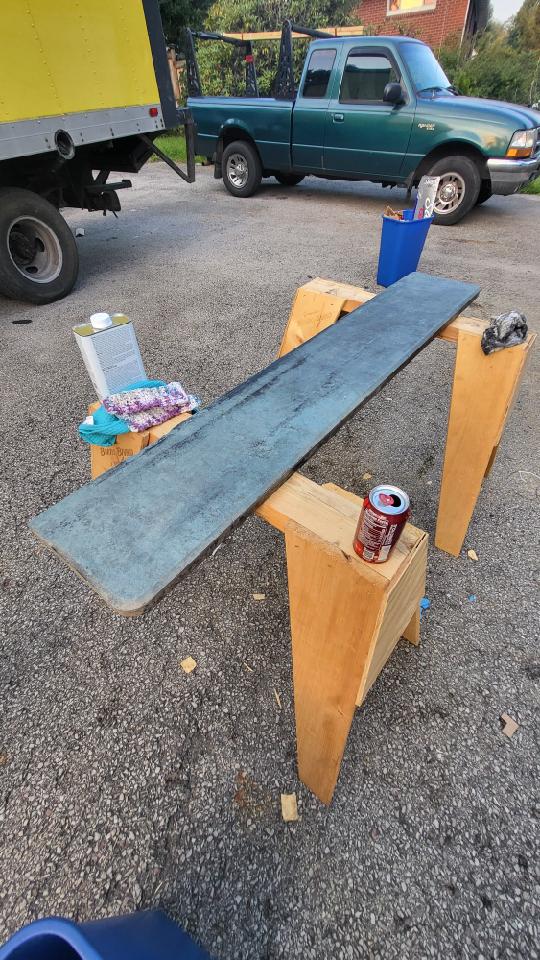this post was submitted on 24 Aug 2024
59 points (95.4% liked)
What is this thing?
5550 readers
6 users here now
Let us help you identify that mysterious object you’ve found.
Currently in CHALLENGE mode: If you've got something obscure knocking about, post a picture, and let's see how we do. Please prefix such posts with "CHALLENGE:" so we know we've got a fighting chance.
founded 1 year ago
MODERATORS
you are viewing a single comment's thread
view the rest of the comments
view the rest of the comments



I'm like 90% sure it's shale, but that'd be a very unique choice for a mantle because of how easily it chips. I hope you find out what it is.
Shale is not a good building material, it’s too friable (crumbly). Slate starts off as the same rock ans shale except it undergoes a bunch of heat and pressure which makes it much less friable and an excellent material for things like roofing tiles and mantles.
Could you like squish shale in an oven to make it more like slate? Even if it's not economical, just interested in the science of it.
A lot of heat and a lot of pressure would be a start, but then there’s a time factor as well. The heat and pressure mess around with the rocks mineral constituents, but the real “magic” begins as those minerals start recrystallizing. In time (geologic time) that recrystallization makes a much harder rock.
I honestly don’t know if the process can be sped up. I’m thinking of something like firing bricks, but bricks are made with specific ingredients and certain impurities are specifically excluded because they hurt the manufacturing. When you start with shale, lord knows what mother nature threw into that specific specimen and how she arranged it.
I guess the easiest way to get shale harder might be to crush it finely, mix it with water and bake it. If you’re lucky the clay minerals will find each other and form a strong matrix. It wouldn’t be slate, or even a rock anymore, but bricks are handy sometimes.